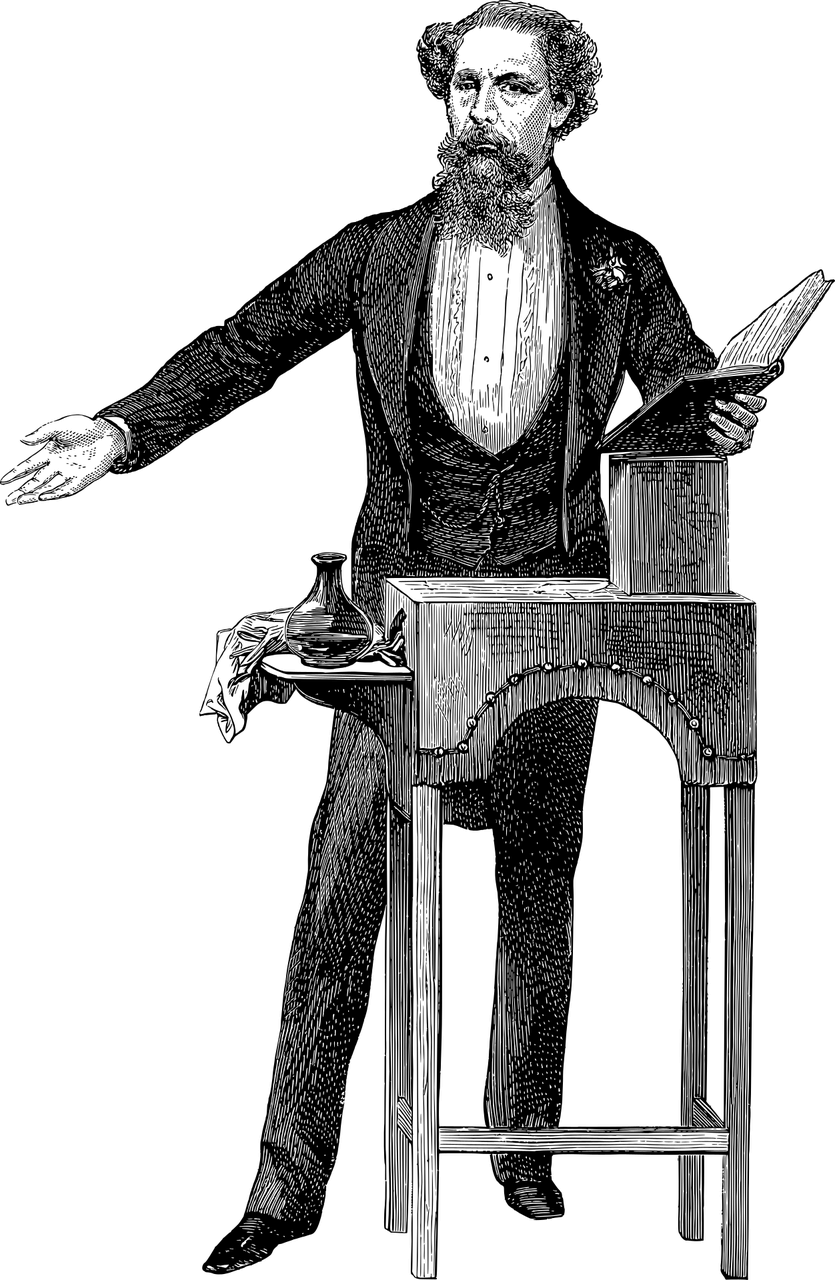Homers Odyssey: A Journey Through Time and Imagination

Introduction
Homer’s Odyssey is an ancient Greek epic poem, widely regarded as one of the most important works in Western literature. Composed in the 8th century BCE, this epic follows the protagonist, Odysseus, as he embarks on a perilous journey back home to Ithaca after the Trojan War. Through its rich narrative, deep symbolism, and timeless themes, the Odyssey continues to captivate and inspire readers today. In this article, we delve into the significance of the Odyssey, its historical development, and its enduring legacy.
I. The Importance of the Odyssey

1. Epic Storytelling: The Odyssey showcases the art of epic storytelling, featuring heroic quests, divine encounters, and dramatic twists. It remains a prime example of ancient Greek literature, emphasizing the power of oral tradition and storytelling in the formation of collective memory.
2. Exploration of Human Nature: Through characters like Odysseus, Penelope, and the mythological creatures encountered along the way, the Odyssey delves into profound human emotions, desires, and struggles. It explores themes of loyalty, temptation, identity, and the longing for home, offering insights into the human condition.
3. Archetypal Hero: Odysseus embodies the archetypal hero, displaying traits such as courage, wit, and resilience. His trials and triumphs resonate with readers across cultures and generations, making the Odyssey a timeless tale of self-discovery and personal growth.
II. Historical Development of the Odyssey
1. Oral Tradition: Originally, the Odyssey was passed down through oral tradition, with bards and poets reciting the epic’s verses. These performances played a crucial role in ancient Greek society, ensuring the preservation and transmission of cultural values and history.
2. Authorship and Textual Variations: The authorship of the Odyssey is attributed to the legendary poet Homer, though historical debates persist. Over time, the poem underwent various textual changes and adaptations, leading to different versions and interpretations.
3. Influence on Western Literature: The Odyssey has had a profound impact on Western literature and storytelling. It served as a source of inspiration for subsequent works, such as Virgil’s Aeneid and James Joyce’s Ulysses, establishing a literary tradition that echoes through the ages.
III. The Odyssey as a Featured Snippet
When searching for information on the Odyssey, you’ll find the following featured snippet on Google:
“Homer’s Odyssey is an ancient Greek epic poem that follows the hero Odysseus on his journey home after the Trojan War. It explores themes of bravery, temptation, and the longing for home, making it a timeless tale of self-discovery.”
Key points to cover in the featured snippet:
– Homer’s Odyssey is an ancient Greek epic poem.
– The protagonist is Odysseus, who goes on a journey home after the Trojan War.
– It explores themes such as bravery, temptation, and the longing for home.
Conclusion
The Odyssey remains a masterpiece that transcends time, captivating readers with its imaginative storytelling, exploration of human nature, and archetypal heroism. Over the centuries, it has evolved and adapted, leaving an indelible mark on Western literature. Its enduring legacy speaks to its universal appeal, making it a must-read for art lovers, collectors, and anyone seeking a profound and enriching literary experience. Explore the Odyssey to embark on a timeless journey of discovery and enlightenment.





